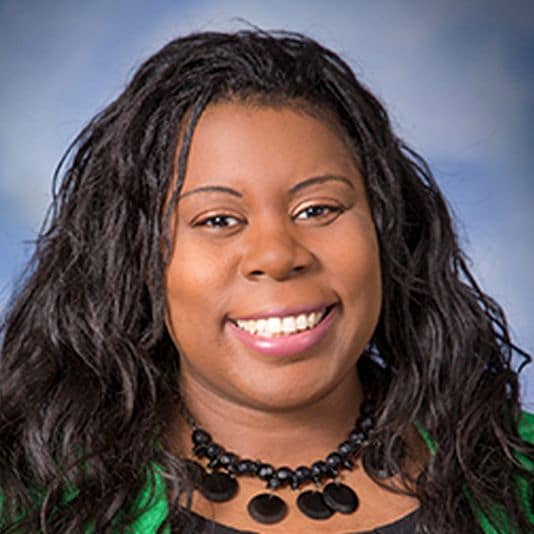When I read about the senseless murder of Dr. Tamara O’Neal, I was shaken and sickened. As an emergency room physician like Dr. O’Neal, this awful tragedy hit close to home. When she arrived for her shift she likely expected to treat gun violence victims, but what she probably did not expect was to become a victim. As her colleagues have stated, they never imagined that they would be fighting to save the life of a beloved colleague and friend. They never imagined that yesterday they would have to bury their colleague and friend. Emergency room physicians are on the front lines of the gun violence epidemic. We see its destruction. We witness firsthand how it ravages lives, families, and communities. Yet, sometimes even we forget that the next victim of this crisis could be one of us. It could be anyone at any time because we’ve allowed this deadly disease to metastasize.
We are no longer safe in our most sacred spaces – not in our churches, in our schools, or in our hospitals. Even in some of our most brutal wars there were rules of engagement where hospitals and schools were off limits. This is not the case with gun violence in the United States. Our nation’s rate of deaths by firearms for Americans ages 15-24 is 43 times higher than other industrialized countries. Additionally, there are nearly 100 deaths a day in the US with the vast majority resulting from suicide, domestic violence, and community violence.
While mass shootings command the overwhelming majority of the media attention, our urban centers, like the one where I work, suffer the brunt of the devastating effects of gun-related murders. For my patients and their families, gun violence is an everyday reality. Over my 13 year career of working in trauma centers, I’ve treated countless shooting victims, from women attacked by intimate partners, to children hit by stray bullets. Nonetheless, I will never get used to seeing the horrifying damage that guns do to the human body, particularly to small children. I will never get used to the crying of distraught loved ones or the loss of innocent life.
The bottomline is that gun violence is a public health crisis. It destroys the mental and physical health of its victims as well as the health and wellbeing of the communities that it impacts. For Black women this epidemic is especially insidious. Black women are twice as likely to be fatally shot by an intimate partner compared to white women. Black women are also more likely to lose a child to gun violence. In fact, firearms are the leading cause of death for Black children and teenagers. People are dying and neighborhoods are suffering and it is time that we finally treat this crisis in the same way that we address any other serious public health epidemic. We need to study it and work to cure it.
However,
the Centers for Disease Control (CDC) and the National Institutes of Health (NIH) are prohibited from researching the causes of gun-related tragedies as well as ways to prevent them. This is the result of the 1996 Dickey Amendment, which restricted funds for injury prevention and firearms control at the CDC from being used to advocate or promote “gun control” due to intense lobbying by the NRA. Moreover, the Bureau of Alcohol, Tobacco, Firearms and Explosives is barred from releasing information about its firearms database to the CDC and the NIH. These restrictions prevent us from effectively studying the problem and developing evidence-based solutions. This is a national shame that we can no longer allow to stand. Imagine if we prevented cancer research at the behest of a powerful special interest group.
I have always been passionate about the issue of gun violence. I’ve worked to educate communities on it and have worked to prevent it, but this is no longer enough. We need legislative action. The NRA recently told the medical community that we need to stay in our lane. This is our lane. They are trying to silence us on an issue that we confront on a regular basis. The NRA does not bear the responsibility of having to tell a mother that her child did not make it. The NRA does not have the responsibility of having to save someone who is bleeding out from multiple gunshot wounds. This is my lane and I will not be silenced. I join my colleagues in calling on our elected representatives in Congress to treat gun violence as a public health crisis. I ask you to join us by raising your voices as well. This issue is too urgent and it will not change unless we fight to change it.
Dr. Tamara Moise is an emergency room physician and co-founder of Big Apple Urgent Care. Big Apple Urgent Care is a community-focused, independent, and Black-owned urgent care in East Flatbush, Brooklyn


